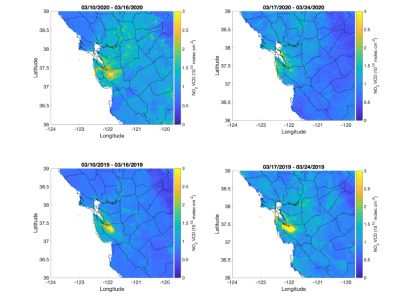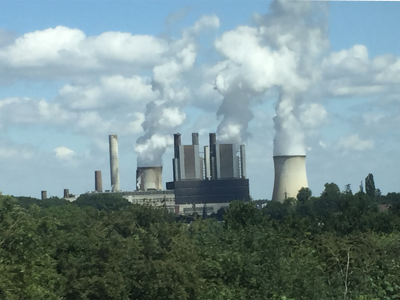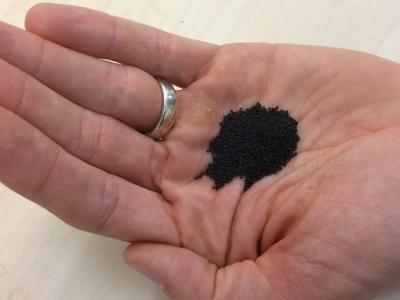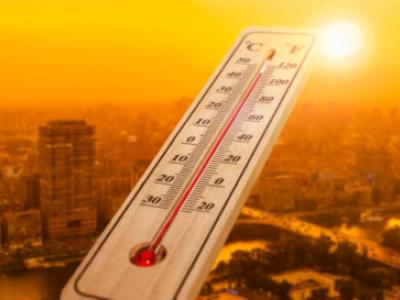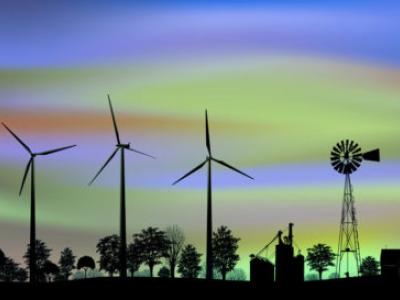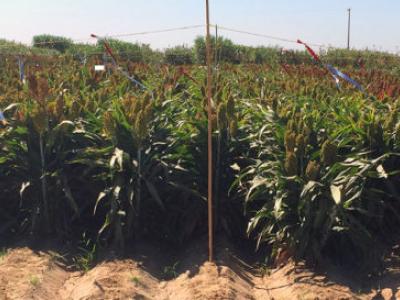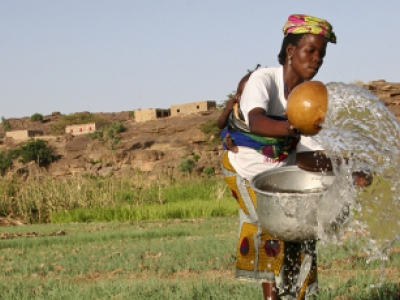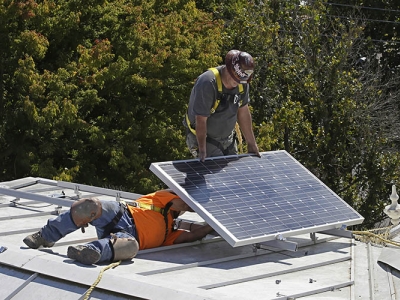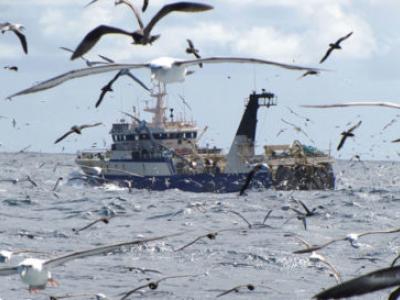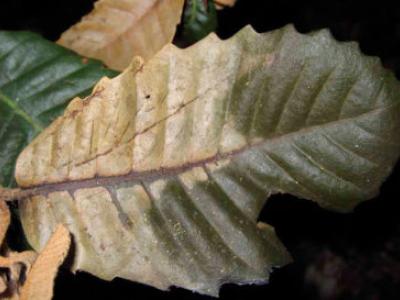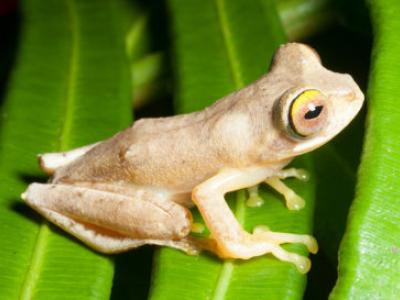In new research reported in Nature, an international team of chemical engineers have designed a material that can capture carbon dioxide from wet flue gasses better than current commercial materials. “Flue gas” refers to any gas coming out of type of pipe, exhaust, or chimney as a product of combustion in a fireplace, oven, furnace, boiler, or steam generator. But the term is more commonly used to describe the exhaust vapors exiting the flues of factories and powerplants. Iconic though they may be, these flue gases contain significant amounts of carbon dioxide (CO2), which is a major greenhouse gas contributing to global warming.

